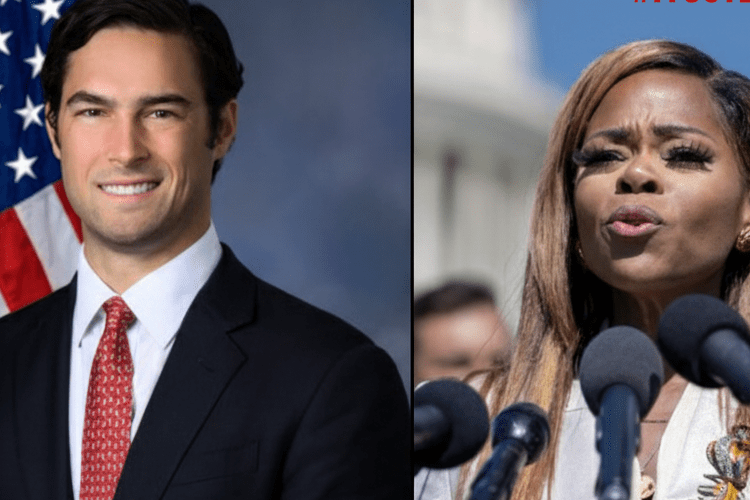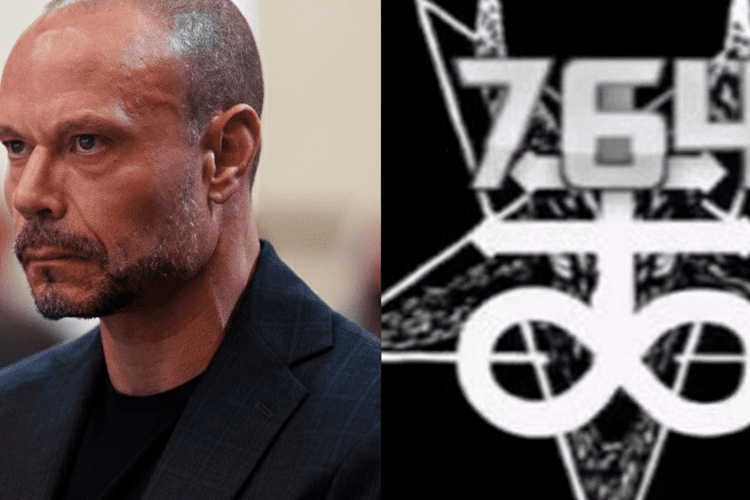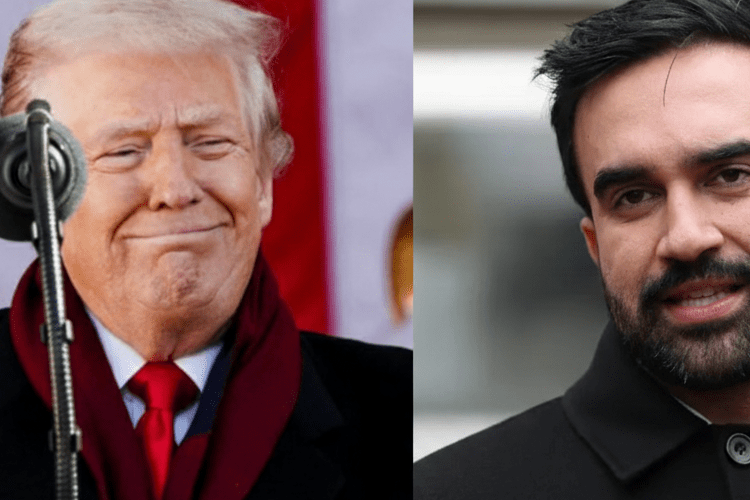From Vaccine Hero to Federal Felon: Inside Rep. Sheila Cherfilus-McCormick’s Alleged $5 Million FEMA Heist That Betrayed Hurricane Victims and Boosted Her Own Power Grab
In the sun-drenched corridors of a Miramar, Florida, community center, where the air still carried the faint echo of vaccine cheers from the height of the pandemic, a family’s quiet morning shattered like glass under the weight of a federal marshal’s knock. It was November 19, 2025, and as news alerts buzzed across phones from Miami to Washington, the woman at the center of the storm—U.S. Rep. Sheila Cherfilus-McCormick—faced the unimaginable: a federal indictment accusing her of orchestrating a brazen scheme to siphon $5 million in FEMA disaster funds, laundering the money through a web of straw donors, and funneling it straight into her own congressional campaign coffers. The charges, unsealed in a Miami courtroom that morning, painted a picture not of a public servant’s misstep, but of a calculated betrayal—one that preyed on the desperation of COVID-ravaged communities and twisted emergency aid into personal ambition. As her constituents, many of them Haitian-American families who had seen her as a beacon of hope after her 2022 special election win, reeled in disbelief, the ripple effects spread like aftershocks, igniting partisan fury and soul-searching questions about trust in the very systems meant to protect the vulnerable.
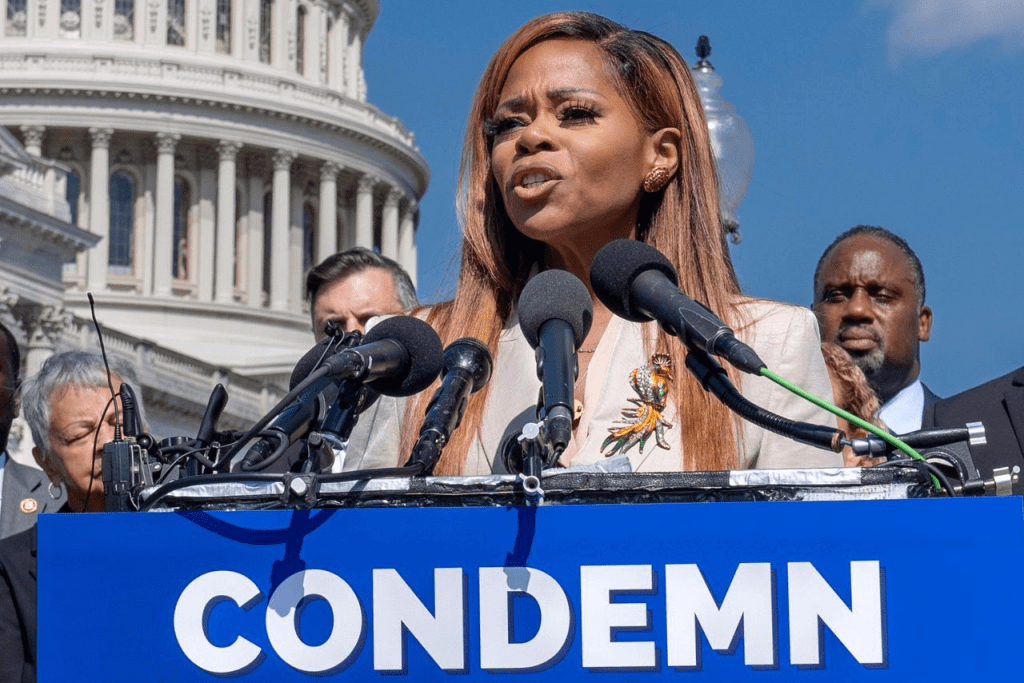
Cherfilus-McCormick’s rise had been the stuff of American dream narratives, a tale that tugged at heartstrings from the palm-lined streets of South Florida to the marbled halls of Capitol Hill. Born in Miami to Haitian immigrants who fled Duvalier’s iron fist, she grew up in a modest home where dinner conversations revolved around resilience and service. A doctor by training, she founded Trinity Health Care Services in 2006, a nonprofit clinic that became a lifeline for underserved communities, offering everything from routine checkups to free COVID testing amid the 2020 chaos. When tragedy struck her family—her husband, a prominent pastor, died suddenly in 2018—she channeled grief into grit, winning a bruising 2021 Democratic primary for Florida’s 20th Congressional District and clinching the seat in a special election the following April. At 45, she made history as the first Black woman to represent her district, her victory speech a stirring ode to “lifting up the least of these,” delivered with the fervor of someone who had bandaged wounds both literal and figurative. Supporters saw in her a fighter, a congresswoman who pushed for maternal health equity and disaster relief, her office a hub for constituents navigating FEMA claims after hurricanes like Maria in 2017. “Sheila gets it,” one Broward County nurse told local reporters back then, her eyes shining with rare political faith. “She’s one of us.”
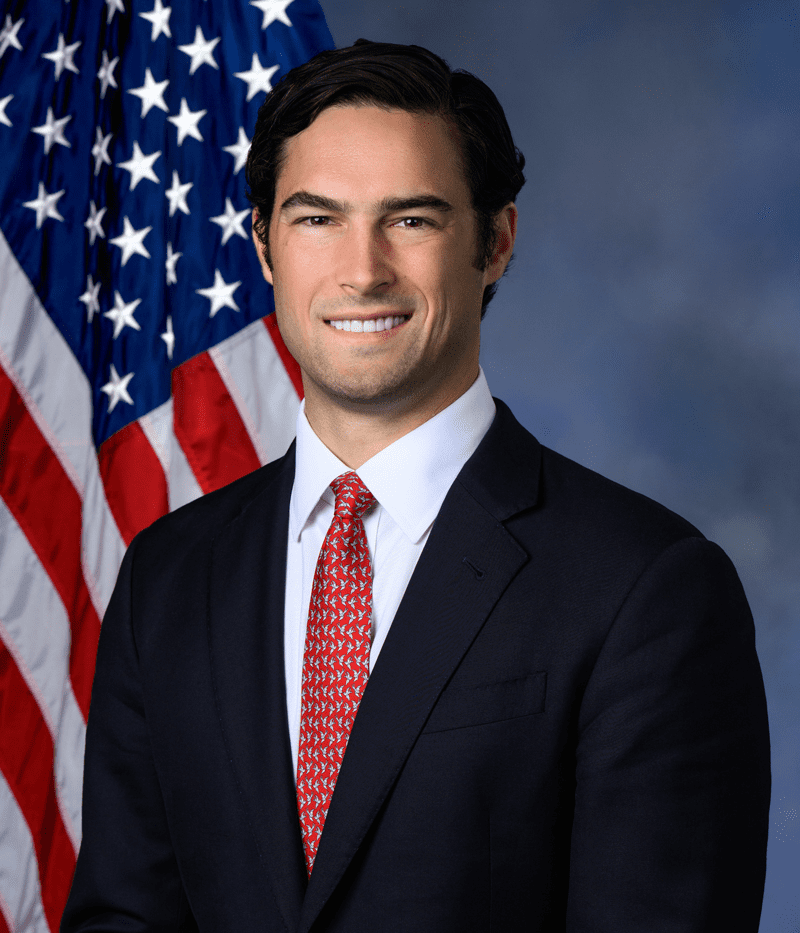
But beneath that veneer of empathy, federal prosecutors now allege, lurked a darker calculus—one born in the frantic scramble of July 2021, when Trinity Health received a staggering $5 million overpayment from FEMA for staffing COVID-19 vaccination sites. The funds, part of a broader $10 billion federal push to inoculate the nation against a virus that had claimed over 600,000 lives by summer’s end, were intended as a bridge for frontline heroes: nurses logging overtime, clinics stocking syringes, families shielded from the next wave. Instead, according to the 28-page indictment handed down by a Miami grand jury, Cherfilus-McCormick and her co-defendants hatched a conspiracy to hijack that windfall, routing the money through a labyrinth of bank accounts to obscure its origins before channeling it into her fledgling campaign. The scheme, prosecutors say, involved her brother, Edwin Cherfilus, 51, a key player in the family business; Nadege Leblanc, 46, a close associate who allegedly coordinated straw donations from friends and relatives posing as grassroots backers; and David K. Spencer, 41, her tax preparer, who helped falsify returns by claiming campaign splurges and personal perks as charitable deductions. “This wasn’t a mistake,” U.S. Attorney Jason A. Reding Quiñones said in a somber press conference outside the Wilkie D. Ferguson Jr. U.S. Courthouse, his voice steady with the gravity of eroded trust. “It was a deliberate diversion of taxpayer dollars meant for the most vulnerable, twisted into fuel for political gain.”

The allegations unfold like a thriller scripted in legalese, each count a chapter in a story of greed that strikes at the heart of public service. Prosecutors detail how the overpayment—triggered by a clerical error in FEMA’s verification process—landed in Trinity’s coffers like manna from a flawed heaven. Rather than alert authorities or return the excess, the indictment claims, the defendants moved swiftly: wires to shell entities, checks cut to nominal donors who funneled contributions back to Cherfilus-McCormick’s war chest, even luxury purchases masked as business necessities. Federal Election Commission records, cross-referenced in the filings, show her 2021 campaign swelling with unexplained influxes—over $1.2 million in individual donations that now bear the taint of laundering—helping her outraise rivals in a district where every vote hinged on turnout in church pews and clinic waiting rooms. The tax fraud angle adds a poignant sting: amid a pandemic that bankrupted small businesses and widowed parents, Cherfilus-McCormick allegedly underreported income by inflating gifts to her late husband’s foundation, a charity she championed as a pillar of her compassionate brand. If convicted on all counts—conspiracy to commit wire fraud, money laundering, illegal campaign contributions, and false tax returns—she faces up to 53 years behind bars, a sentence that could eclipse her congressional tenure in shadow alone. Her brother Edwin risks 35 years, Leblanc 10, and Spencer 33, their lives upended in a cascade of cufflinks and court dates.

As the gavel fell in Miami, the news hit Washington like a squall line, stirring a partisan gale that laid bare the fractures in an already polarized Congress. Rep. Brandon Gill, the fresh-faced Texas Republican who swept into the 26th District in 2024 as the son of conservative radio icon Dana Loesch, wasted no time seizing the moment. In a blistering X post timestamped moments after the DOJ announcement, the 31-year-old firebrand—known for his Oversight Committee probes into government waste—thundered against what he called Democratic “wasteful spending” incarnate. “Rep. Sheila Cherfilus-McCormick (D-FL) being INDicted by a grand jury for stealing $5M FEMA funds for her campaign,” Gill wrote, his words slicing through the feed like a deputy’s warrant. “Because they launder it to Democrat love wasteful government spending.” The post, pairing side-by-side photos of the poised lawmakers, racked up thousands of likes and retweets within the hour, a digital Molotov cocktail lobbed into the MAGA echo chamber. For Gill, whose campaign blended Loesch’s unfiltered edge with Gen-Z savvy, it was red meat: a chance to spotlight FEMA’s “gaps in post-disaster verification,” as Axios termed it in a rapid afternoon dispatch, and tie the scandal to broader GOP critiques of Biden-era largesse. “This is why we fight,” Gill added in a follow-up video, his Texas drawl laced with righteous anger. “American families suffered through COVID, and now we learn their relief was stolen for someone’s reelection? Unacceptable.”
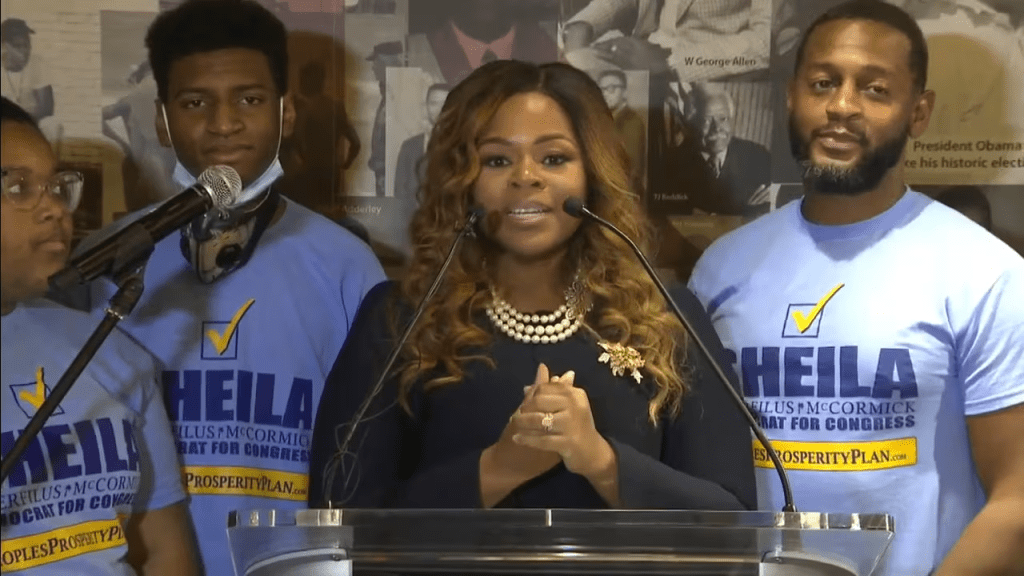
The response from Cherfilus-McCormick’s camp was a study in stunned silence, broken only by a terse statement from her attorney vowing a vigorous defense. “Congresswoman Cherfilus-McCormick has dedicated her life to serving the underserved and will continue to do so,” it read, a lifeline extended amid the deluge. But in South Florida’s tight-knit Haitian diaspora, where family ties bind like palm fronds in a gale, the whispers turned to wails. Constituents who had canvassed for her, donated their last $20, now scrolled news feeds in disbelief, their faith frayed like hurricane shutters after a storm. “She was supposed to be our voice,” said Marie Duval, a 58-year-old home health aide from Lauderhill whose own FEMA claim for Maria damage lingered unresolved for years. Speaking from her kitchen table, cluttered with pill bottles and prayer cards, Duval’s voice trembled with the betrayal of kin. “How do you heal the sick by day and rob the relief by night? Those funds were for people like me—forgetting their meds because the rent’s due.” Community leaders, from the Haitian American Chamber of Commerce to local pastors, called emergency huddles, grappling with the optics: a Black woman’s indictment in a district gerrymandered to empower minorities, fodder for critics who paint progressives as grifters in progressive clothing.

Yet amid the outrage, a sliver of sorrow emerges, a human thread in the legal tapestry. Cherfilus-McCormick’s story isn’t one of cartoon villainy; it’s laced with the complexities of ambition in a system that rewards the bold. Elected in a special vote triggered by the death of trailblazer Alcee Hastings, she inherited a seat synonymous with advocacy, her early tenure marked by bills like the Maternal Health Momnibus Act extension, co-sponsored pushes for Puerto Rico debt relief—ironic, given the query’s mix-up with hurricane aid, but rooted in her vocal support for island recovery. The indictment doesn’t allege she pocketed funds for yachts or jewels; rather, it claims the laundering greased her path to power, a $5 million shortcut in a fundraising arms race where incumbents outspend challengers 10-to-1. Experts like Kathleen Clark, a government ethics professor at Washington University, frame it as a cautionary echo of broader vulnerabilities: FEMA’s rushed payouts during crises, with verification lags that ballooned to $1.4 billion in overpayments nationwide by 2022, per a GAO audit. “It’s not just one bad apple,” Clark told AP reporters. “It’s a barrel cracked by haste and hubris, where good intentions pave the road to indictments.”
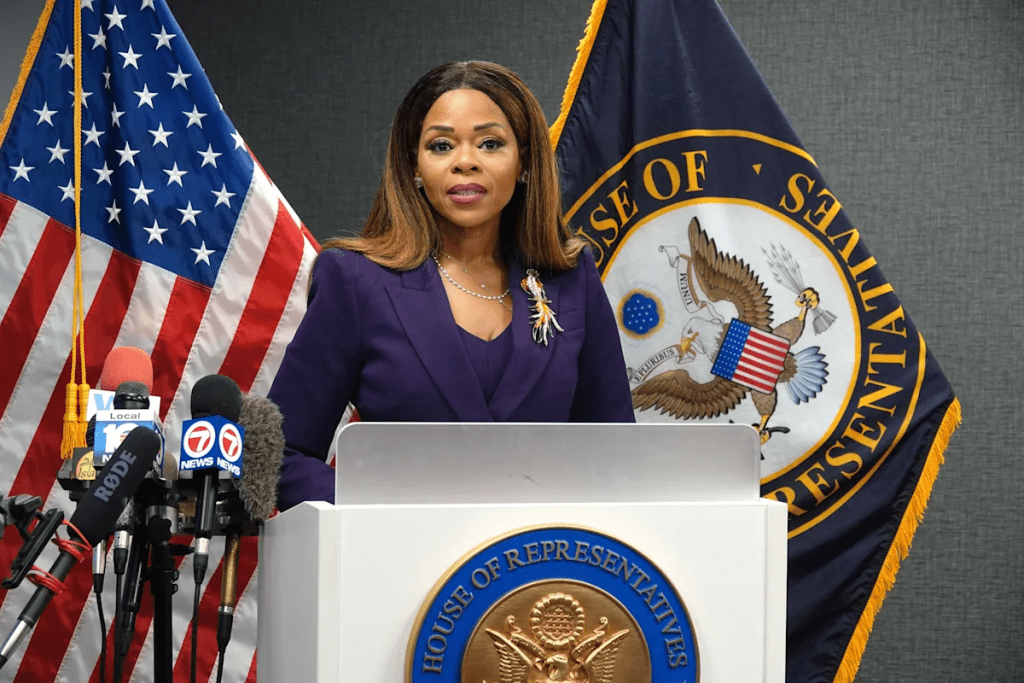
As the sun dipped over the Everglades that fateful afternoon, the fallout gathered force. House Democratic leadership, already nursing wounds from the 2024 midterms, distanced swiftly—Minority Leader Hakeem Jeffries issuing a boilerplate call for “due process” while privately bracing for ethics probes. Republicans, sensing blood in the water, teed up resolutions for her resignation, with Oversight Chair James Comer hinting at hearings on FEMA’s “broken safeguards.” For the co-defendants, the personal toll mounted: Edwin Cherfilus, a father of three who managed Trinity’s day-to-day, now faces the unraveling of a family legacy; Leblanc, a longtime friend turned alleged fixer, her loyalty recast as liability; Spencer, the accountant whose ledgers now lie exposed, his practice under siege. And Cherfilus-McCormick herself? Sources close to her circle describe a woman holed up in her district office, poring over filings with a steely resolve born of boardrooms and bedside vigils. “She’s fighting for her name, her family, her future,” one aide confided, voice hushed. “This isn’t the end—it’s a battle.”
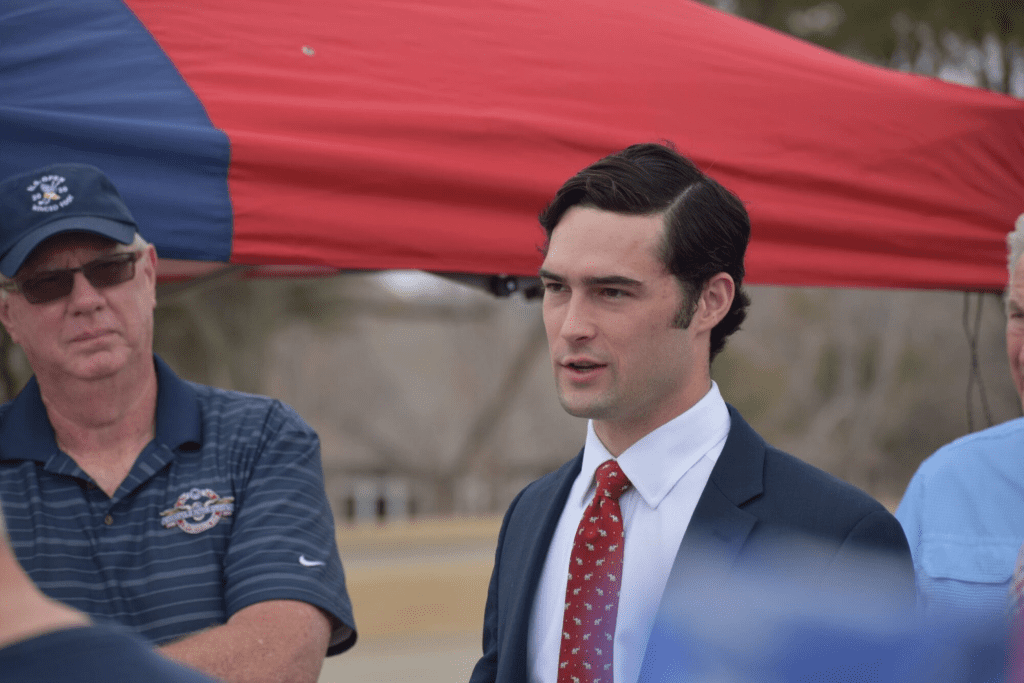
In the quiet hours after the storm breaks, as neighbors in Miramar swap stories over conch fritters and cafecito, the real ache surfaces—not just for the stolen dollars, but for the stolen trust. Those $5 million weren’t faceless figures; they represented overtime for weary vaccinators, stability for single moms clocking double shifts, a buffer against the virus’s cruel caprice. To learn they may have bankrolled billboards and mailers feels like salt in an open wound, a reminder that power’s promise can curdle into peril. Attorney General Pam Bondi captured the collective outrage in her stark rebuke: “No one is above the law, least of all powerful people who rob taxpayers for personal gain.” As Cherfilus-McCormick steels for arraignment—set for December 5 in Miami—her story hangs as a somber mirror, reflecting the fragility of faith in flawed leaders. For her district, it’s a call to vigilance; for Congress, a spur to reform; for America, a poignant plea: When relief becomes robbery, who heals the healers? In the end, as twilight settles over Florida’s resilient shores, one truth endures—justice may be blind, but its echoes touch every heart it spares or scars.
